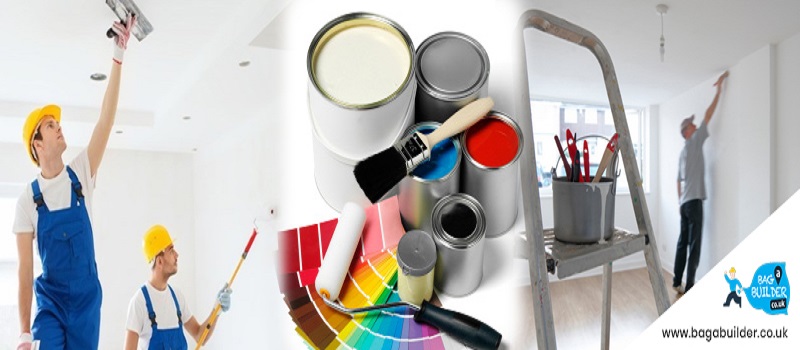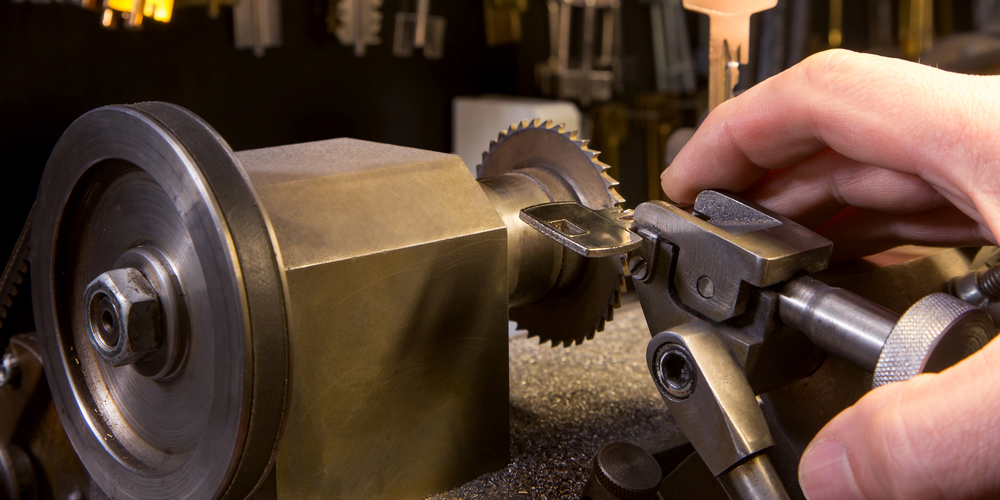7 Plumbing Tips for Plumbers
- By : Adam
- Date :

You have to be a certified plumbing and heating engineer to grab the best plumbing jobs available in your area. To state the obvious, relevant certificates and training brand you the talent every homeowner is looking for their plumbing needs.
A successful plumber is one who gets more recommended than his or her peers. Just work on your soft skills, follow certain tips and you can be one in them. We hereby bring to you few of those tips to help you progress.
Have stuck pipes? Loosen them with Heat
Applied all the force to budge a threaded connection and failed? Try heating and success would be yours, especially on connections sealed with pipe dope which tends to harden over time. Don’t forget to use a flame-resistant cloth to shield nearby surfaces.
Warning: Never try it on gas or fuel lines. The trick is exclusively for water and waste pipes.
Plastic Drain Lines are better than Metal ones
Metal drain lines you see under sinks might appear a better choice than a plastic one. If you believe this, you can’t be farther from the truth. Plastic drain lines are cheaper and most importantly don’t corrode. Moreover, they are easier to install, adjust or tighten.
Fix a Clog in Seconds
Try using a vacuum cleaner – wet or dry – to unclog pipes. Trust me, it works like a charm. OR you may even go for a Zip-It tool or flexible-shaft pick-up tool to yank out the filth. If all else fail, you can always resort to running a drain snake.
Used to over tighten Supply Lines? Please Don’t.
It’s tempting to over tighten supply lines to plug leakage. Please resist. It can destruct rubber seals and crack the threaded nuts. The trick is to make the connections at both ends of the supply line finger-tight, then give them another one-eighth to one-quarter turn with pliers. If they still leak, snug them up a little more.
Using Thread Tapes? This might be of help!
Going to seal pipe threads and wondering whether to use tape or dope? Both work fine. It’s just that the tape, unlike the dope, won’t smear onto your hands or tools. Here are some tips for tape:
- Thicker tapes are better (yellow for gas, pink for water). They tears more neatly and are easier to handle.
- Unlike dope, tape is for pipe threads only. Don’t use it on compression or other connections.
- Three wraps around the pipe is ideal. You can increase it if necessary.
- Always wrap the tape clockwise around the threads. Otherwise, the tape will unwrap as you screw the joint together.
Cut Stubborn Parts
Frustrating as it is, mineral deposits and corrosion lock parts together – at times so tight it’s impossible to separate. Often, the best solution is to cut the stubborn part. Cut kerfs in the part to break it off OR just slice it off altogether. A hacksaw blade works well. Rotary or oscillating tools work even better.
Avoid Putty, adopt Caulk
There are reasons best bathroom fitters handymen never use plumber’s putty. It damages some types of plastic and stains surfaces such as natural stone. Plus, it tends to dry out, crack and allow leaks. Silicone caulk is a safer, longer-lasting sealant in most areas where you might use plumber’s putty.








